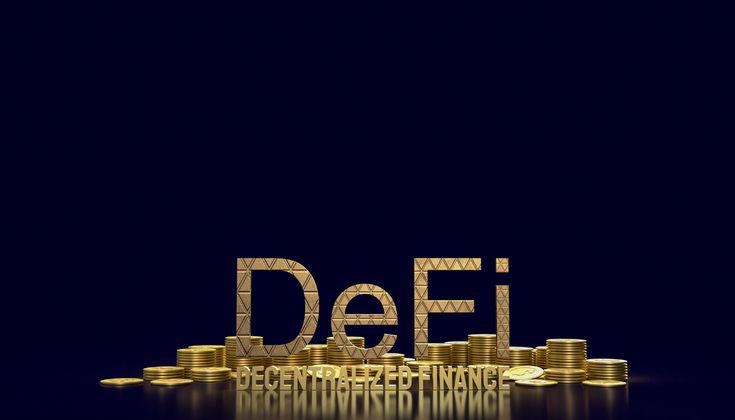In an era of decentralization where cryptocurrency and blockchain have the potential to reshape the traditional financial system, knowing the economic and philosophical foundations of Bitcoin as a store of value is very important.
Robert Breedlove is a famous thinker in the crypto industry, providing profound information that connects accessible narratives of digital assets with complex economic theories.
This article on Robert Breedlove's Bitcoin philosophy and economy will discuss his various perspectives on Bitcoin price and what decentralized digital currencies mean for the future of money.
The Philosophical Underpinnings and Volatility of Bitcoin
Breedlove discusses that money goes beyond a mere medium of exchange. According to Breedlove, it embodies human speech and action, serving as a medium for self-sovereignty, particularly in the context of Bitcoin adoption.
He stated that property is not considered as the physical asset itself but embodies the socially accepted relationship between a person and that asset.
This view shifts the concentration from material ownership to the information and agreements that define possession, particularly relevant in the context of Bitcoin transactions. In his view, the Bitcoin ecosystem is a revolutionary form of property, that is decentralized and digital. and protected by consensus instead of a centralized authority.
Adopting Bitcoin in Economic Sovereignty
A major point of Breedlove's argument is the critique of fiat currencies, which are exposed to inflation and manipulation, thereby reducing autonomy and individual wealth.
The fixed supply and decentralized nature of Bitcoin creates a hedge against such economic weaknesses. By allowing peer-to-peer transactions without intermediaries, Bitcoin encourages people to gain complete control over their financial destinies.
These benefits of Bitcoin help to promote an economic landscape that is accountable and equitable.
Read also
The Ethical Dimensions of Decentralized Finance
Breedlove dives into the ethical consequences of monetary systems, the existing fiat structure usually incentivizes economic manipulation and dishonest behavior.
The immutable ledger and transparency of Bitcoin promote fairness and integrity. Bitcoin and its potential can reduce the risk of corruption, aligning moral principles with economic principles.
This ethical realignment, as Breedlove argues, has the power to change societal values, prioritizing individual responsibility and honesty.
Historical Context: Money, Power, and Society
Tracing the evolution of money, Breedlove showcases how centralized control over fiat currency has historically been used as a tool for control and oppression. From ancient civilizations to modern eras, people in power usually leverage monetary channels to maintain dominance.
Bitcoin stands to change this paradigm and promote financial opportunities via its decentralized nature, providing a form of digital money and property rights that is resistant to centralized and censorship manipulation.
Unlike fiat currency, this shift to decentralized cryptocurrency challenges traditional power frameworks and changes the connection between the state and individuals, thereby promoting an equitable economic system.
The Future of Bitcoin in the Global Economy
Looking forward, Breedlove imagines a future where Bitcoin is used as a form of money and play an important role in the world economy. Its acceptance can promote higher economic stability, lower dependence on centralized financial systems, and increase personal freedom as more investors delve into its application.
As more businesses and individuals acknowledge the benefits of a decentralized monetary network, the integration of Bitcoin into daily transactions can become common, potentially redefining global economic practices and policies.
For a deeper understanding of central banks and financial systems, you might find this discussion on Bitcoin mining in the U.S. insightful. YouTube insightful: The Philosophy of Money and Power with Robert Breedlove
Conclusion on the Philosophy and Ethics of Bitcoin
Robert Breedlove's exploration into Bitcoin's philosophical and economic dimensions offers a compelling narrative on how decentralized currencies, like BTC, can redefine personal freedom and societal structures.
By challenging traditional monetary systems, Bitcoin not only presents an alternative financial tool but also a catalyst for ethical and philosophical transformation in the global economy.




 A Guide on Kevin O'Leary Crypto Regulation Opinions
A Guide on Kevin O'Leary Crypto Regulation Opinions
 Balaji Srinivasan Decentralized Crypto and Future Insights
Balaji Srinivasan Decentralized Crypto and Future Insights
 Top 5 DeFi Tokens to Watch in 2025: What Makes Them Stand Out?
Top 5 DeFi Tokens to Watch in 2025: What Makes Them Stand Out?


